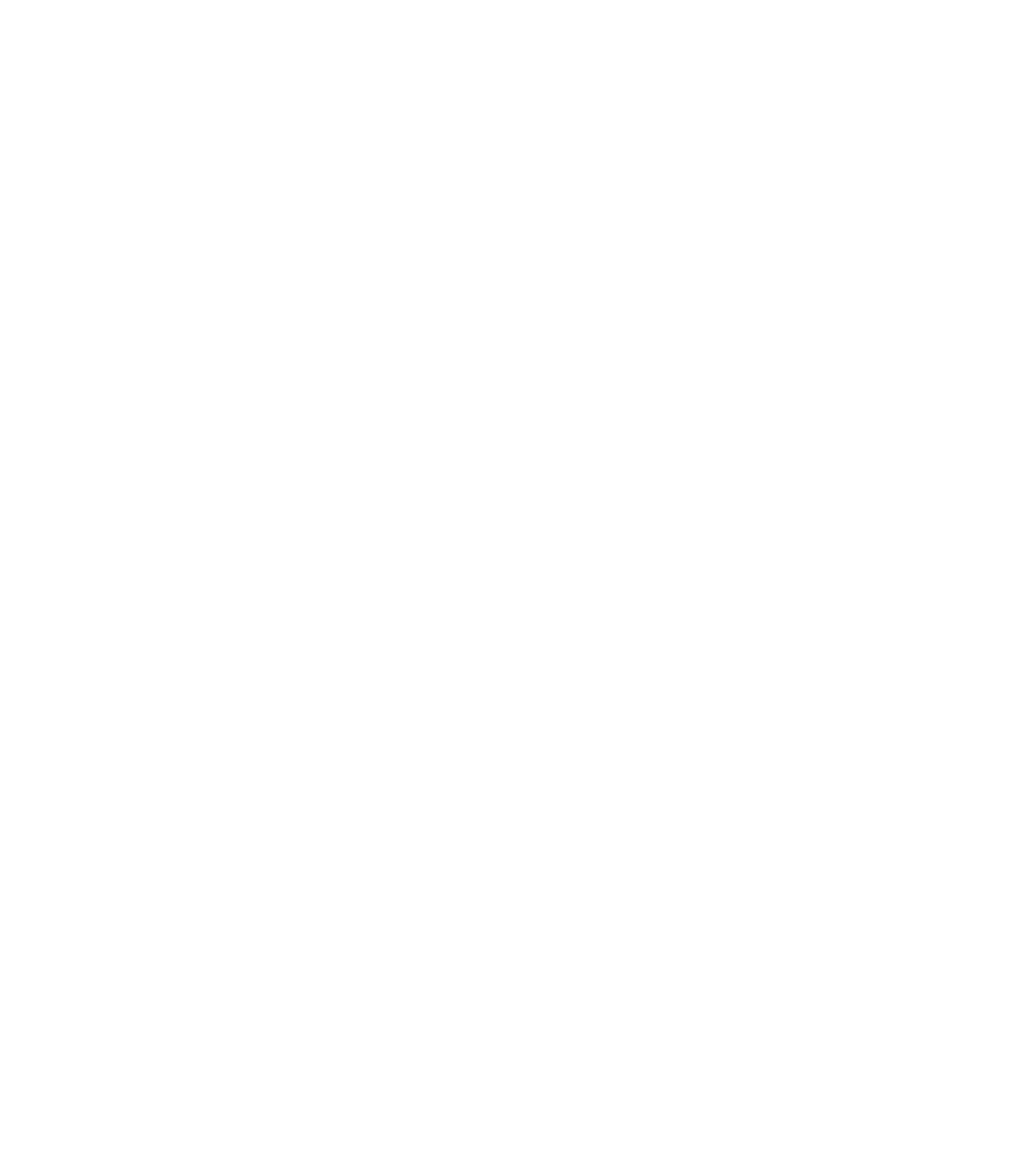Navigating counseling services can be overwhelming, especially when trying to find the right mental health counselor for your needs. With so many options available, it's crucial to understand the process of identifying the most suitable professional to support your well-being journey. This article offers a step-by-step guide on how to find the right mental health counselor, ensuring you make an informed decision that will benefit your mental health and overall well-being.
Step 1: Identify Your Needs
Before you begin your search, it's essential to identify your needs and preferences. Consider the following:
Issues to Address
First, determine what mental health issues you want to work on. Some common concerns include:
- Anxiety
- Depression
- Relationship problems
- Stress management
- Grief and loss
- Substance abuse
- Trauma and PTSD
- Eating disorders
- Life transitions
Counselor Background
Reflect on your preferences for the counselor's background, gender, and approach to therapy. Some factors to consider include:
- Education and training: Look for counselors who have completed relevant degrees and certifications in mental health counseling.
- Therapeutic orientation: Some counselors use specific therapeutic approaches, such as cognitive-behavioral therapy (CBT), psychodynamic therapy, or humanistic therapy.
- Cultural competence: Consider whether you would prefer a counselor who shares your cultural background or has experience working with diverse populations.
Therapy Goals
Think about what you hope to achieve through therapy, such as:
- Symptom reduction: Reducing symptoms of anxiety, depression, or other mental health issues.
- Personal growth: Developing self-awareness, self-esteem, and resilience.
- Improved relationships: Enhancing communication, trust, and intimacy in your relationships.
Creating a clear list of your therapy goals will help you find a mental health counselor who can support your specific needs.
Step 2: Research Counseling Services
To find the right mental health counselor, start by researching counseling services in Lehi, UT, and surrounding areas:
Online Directories for Counseling Services
Utilize online directories and search engines to find mental health counselors in your area. Some popular directories include:
- Psychology Today
- GoodTherapy
- Network Therapy
- Theravive
Recommendations
Ask for recommendations from friends, family, or healthcare professionals who have experience with local counselors. Personal recommendations can provide valuable insights into the counselor's approach, personality, and effectiveness.
Reputation
Investigate the reputation of mental health counselors through online reviews and testimonials. Look for consistent patterns in the feedback and consider whether the positive or negative aspects mentioned are relevant to your needs and preferences.
Step 3: Evaluate Credentials and Experience
When considering potential counselors, assess their credentials and experience:
Licensure
Ensure the counselor is licensed and has relevant education and training in the field of mental health. Licensed professional counselors (LPCs) typically hold a master's degree in counseling, psychology, or a related field, and have completed supervised clinical experience. Licensing requirements vary by state but generally include passing a state-administered exam.
Counseling Services Specialties
Check for any specialties or areas of expertise that may be relevant to your needs, such as:
- Child and adolescent counseling
- Couples and family therapy
- Trauma-informed therapy
- Substance abuse counseling
- LGBTQ+ affirmative therapy
Experience
Look for counselors who have experience treating similar issues and working with clients who share your background and concerns. Research indicates that therapists with experience treating specific conditions are more likely to help clients achieve positive outcomes.
Step 4: Schedule an Initial Consultation
Contact potential counselors for a brief phone or in-person consultation:
Availability
Ask about the counselor's availability, session frequency, and session length. Determine if their schedule aligns with your needs and preferences.
Fees
Inquire about the cost of sessions and payment options. If you have insurance, ask if the counselor accepts your plan or offers a sliding scale fee structure based on income.
Therapeutic Approach
Discuss the counselor's therapeutic approach and how it aligns with your needs and goals. Ask for examples of how they have used their approach to help clients with similar issues.
Personal Connection
Use the initial consultation to gauge your level of comfort with the counselor. It's essential to feel a personal connection, as the therapeutic relationship significantly impacts therapy outcomes.
Step 5: Evaluate Your Options
After completing consultations with potential counselors, take the time to reflect on your impressions and experiences:
Compare Counselors
Consider the strengths and weaknesses of each counselor you've met. Assess how well their background, experience, and approach align with your needs and goals.
Trust Your Intuition
Listen to your intuition when evaluating your options. Choose a counselor with whom you feel a strong personal connection, as this often predicts a successful therapeutic relationship.
Be Open to Change
Remember that it's okay to change counselors if your initial choice doesn't feel like the right fit. It's crucial to find a mental health professional who can support your unique needs and journey.
Table 1: Steps to Finding the Right Mental Health Counselor
| Step |
Description |
| 1 |
Identify Your Needs |
| 2 |
Research Counseling Services |
| 3 |
Evaluate Credentials and Experience |
| 4 |
Schedule an Initial Consultation |
| 5 |
Evaluate Your Options |
Conclusion
Navigating counseling services and finding the right mental health counselor for your needs may seem daunting. However, by following these steps and taking the time to research, consult, and evaluate your options, you can find a mental health professional who can support your journey towards improved mental health and well-being.

